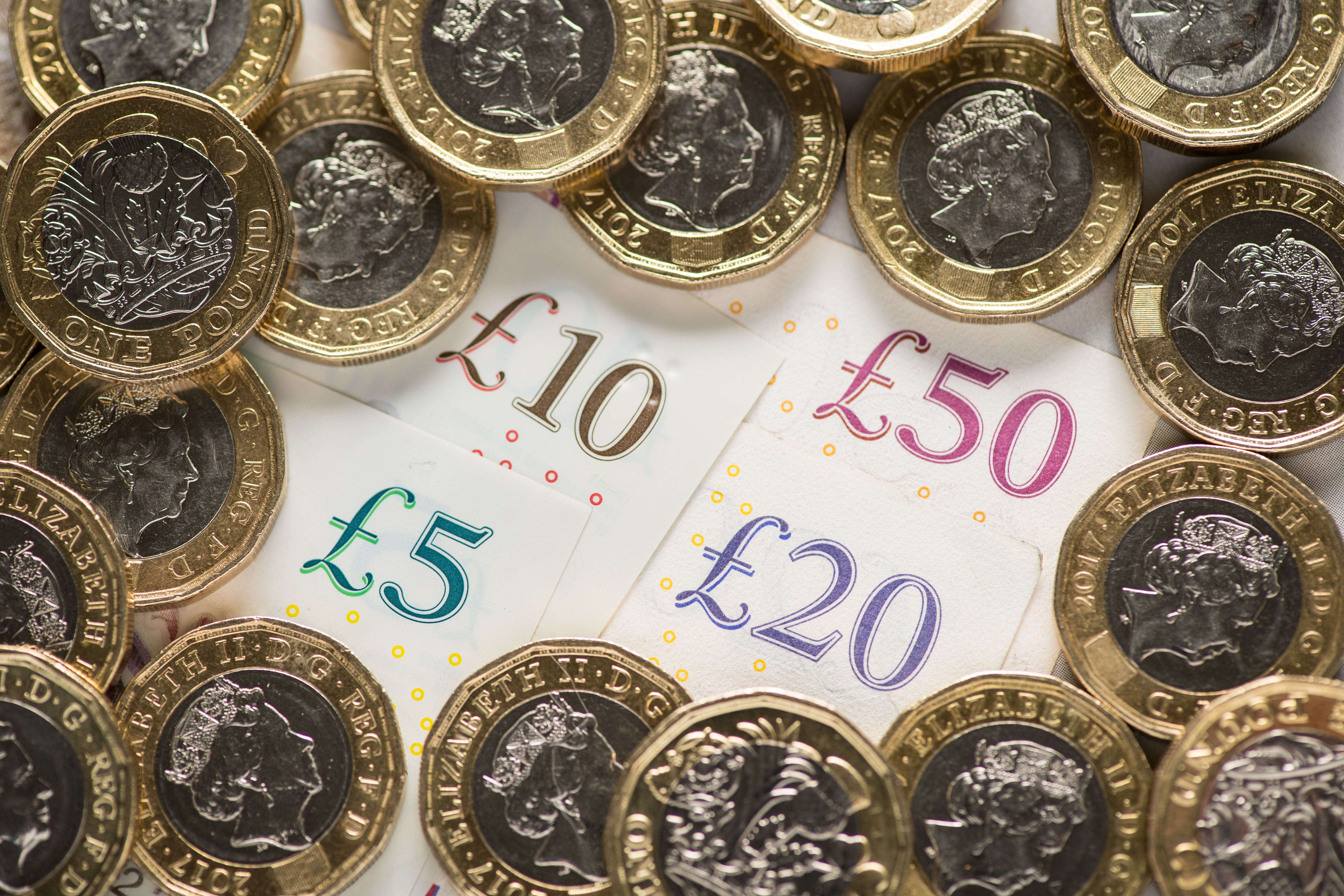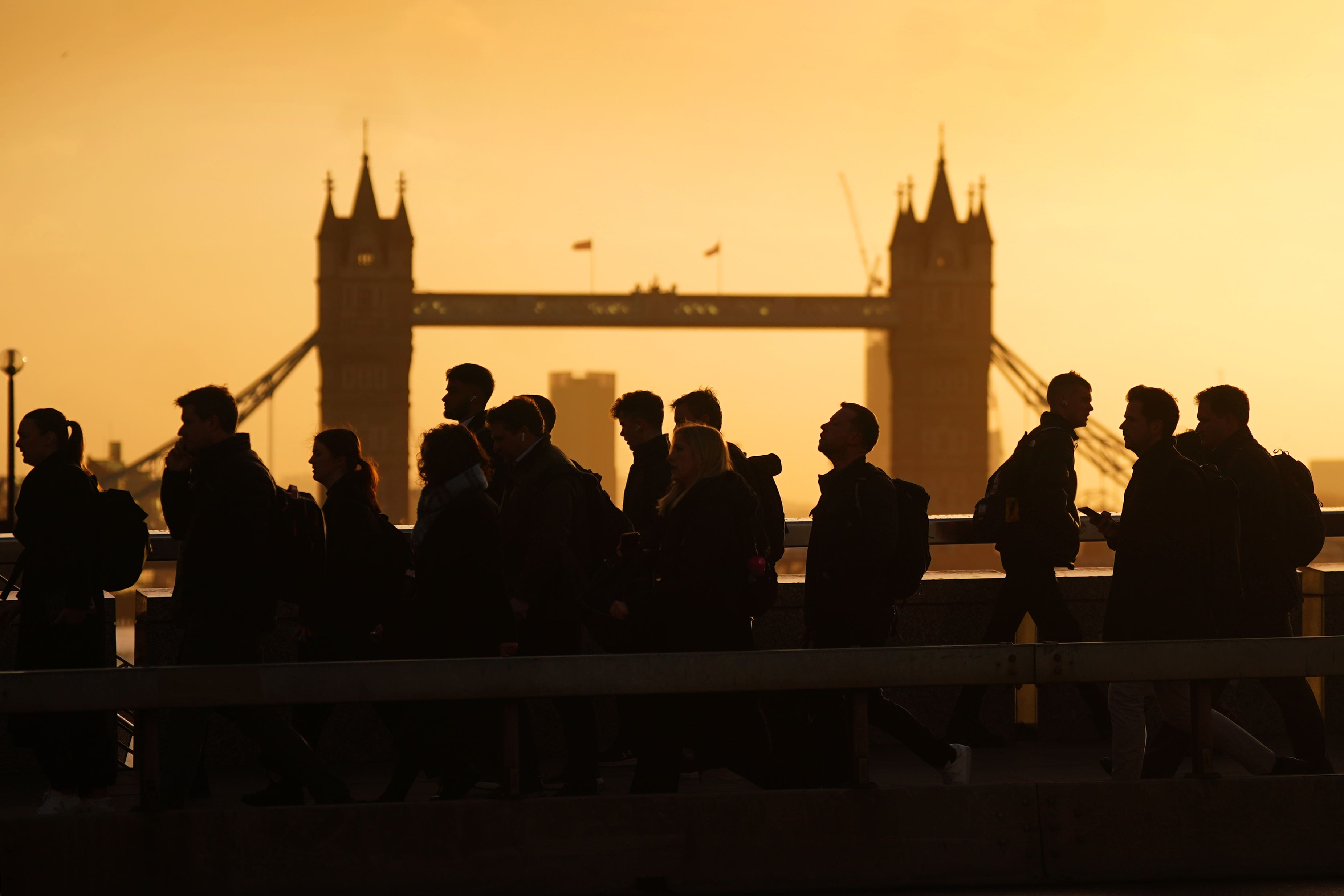UK economy the fastest growing in the G7 in 2024, economists say
Experts warned the growth is unlikely to be sustained in the second half of the year
Britain’s economy is on track to enjoy the fastest growth of any G7 country in the first half of the year, analysts say.
The Office for National Statistics said gross domestic product (GDP) increased by 0.6 per cent between April and June, in line with economists’ predictions. This totals 1.3 per cent of growth in the first six months of 2024, after Britain fell into recession in late 2023.
Although the figures predate the election, they will provide a boost for the prime minister, Sir Keir Starmer, and chancellor Rachel Reeves, who have made growth the government’s priority, while warning of “tough decisions” ahead, with some tax rises expected.
But experts said the same level of “gangbusters” growth is unlikely to be sustained in the second half of the year, and warned that the figures could convince the Bank of England to delay further cutting interest rates.
In June, no economic growth was recorded for the month as weakness in services was offset by improvements in the manufacturing sector, the ONS said.
April also saw no growth recorded, which was put down to the impact of wet weather, but then May saw a 0.4 per cent boost to the economy.

ONS director of economic statistics Liz McKeown said: “The UK economy has now grown strongly for two quarters, following the weakness we saw in the second half of last year.
“Growth across the three months was led by the service sector, where scientific research, the IT industry and legal services all did well.
“In June, growth was flat with services falling, due to a weak month for health, retailing and wholesaling, offset by widespread growth in manufacturing.”
Ms Reeves said: “The new government is under no illusion as to the scale of the challenge we have inherited after more than a decade of low economic growth and a £22bn black hole in the public finances.
“That is why we have made economic growth our national mission and we are taking the tough decisions now to fix the foundations, so we can rebuild Britain and make every part of the country better off.”

In the first week after Labour’s election landslide, Ms Reeves promised to reboot the economy by making it the new government’s “national mission” to secure the highest sustained growth in the G7.
Ms Reeves said at the time: “Delivering economic growth is our national mission, and we don’t have a minute to waste.
“That is why this week I have already taken the urgent action necessary to fix the foundations of our economy to rebuild Britain and make every part of Britain better off. A decade of national renewal has begun, and we are just getting started.”
Simon Pittaway, senior economist at the Resolution Foundation, said that while the UK has recorded the strongest growth of any G7 economy over the past six months, “that’s where the good news ends”.
“Britain’s medium-term record is far less impressive, and has been driven by a growing population rather than rising productivity,” he said. “Without a return to productivity growth, living standards will continue to stagnate and Britain will continue to fall behind its peers.”
Suren Thiru, of the Institute of Chartered Accountants, said the figures confirmed the UK’s recovery from recession had “picked up steam” despite strike action and wet weather causing economic activity to flatline in June.
However, Mr Thiru warned the boost owed more to falls in inflation and events such as Euro 2024 than a meaningful improvement in the UK’s underlying growth trajectory, and was unlikely to be sustained in the second half of 2024.
He cautioned that the figures could cause the Bank of England to delay its next interest rate cut by providing the central bank with “enough assurances over the strength of the economy to hold off relaxing policy”.
Describing Britain’s economy as enjoying “another gangbusters quarter”, Yael Selfin, chief economist at KPMG UK, said that even though growth was expected to slow later this year, overall growth for 2024 could hit 1.1 per cent, which she noted was “well above expectations at the start of the year”.
Jake Finney, an economist at PricewaterhouseCoopers, said: “The latest growth statistics provide more evidence that the economy is gradually turning a corner as the new government takes office.”
Lydia Prieg, of the New Economics Foundation, warned that “small improvements in GDP don’t change the fact that the UK economy has long been at a standstill because of over a decade of underinvestment by successive governments”.
“If this government wants to set us on a new path it can’t just rely on private investment. This approach has been tried and tested and it’s left us with crumbling hospitals, sky-high energy bills and a second-rate public transport system,” said Ms Prieg.
“Now we need this government to make smart public investments: in renewables to get energy bills down, in green industry and infrastructure to boost growth and wages, and in the NHS and social security to help us keep healthy.”
Subscribe to Independent Premium to bookmark this article
Want to bookmark your favourite articles and stories to read or reference later? Start your Independent Premium subscription today.


Join our commenting forum
Join thought-provoking conversations, follow other Independent readers and see their replies
Comments